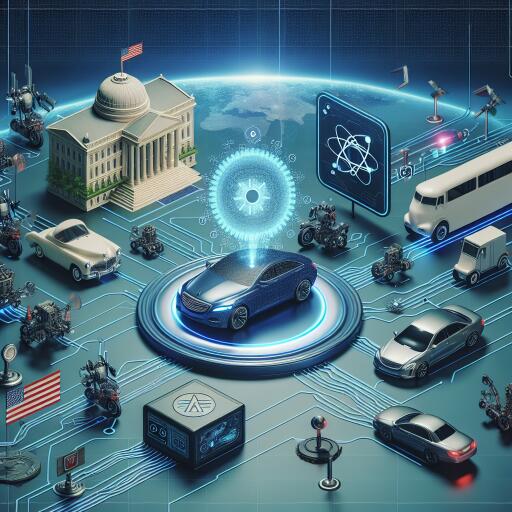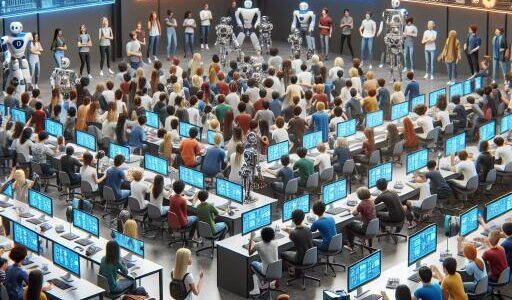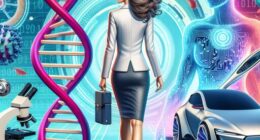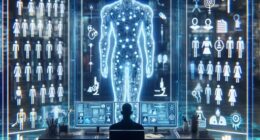The push toward AI-powered self-driving cars gets major boost from Trump administration
In a rapidly evolving world dominated by advanced technology, the United States is positioning itself at the forefront of self-driving vehicle innovation. The push towards automated vehicles is receiving a significant endorsement from the Trump administration, signaling a monumental change in the way transportation will function across the nation.
This strategic direction is aimed at preserving America’s competitive edge in the global market, particularly against fast-emerging tech giants like China. The Department of Transportation has announced plans to relax safety regulations that previously hindered the advancement of self-driving car technology. This change clears the road for U.S. automakers to forge ahead with their automated vehicle projects, as stated by the National Highway Traffic Safety Administration (NHTSA).
“This administration understands that we’re in a race with China to out-innovate, and the stakes couldn’t be higher.”
The decision is part of a larger agenda to spur technological growth by demolishing outdated barriers that slow innovation. According to statements from NHTSA, this new approach will streamline processes for manufacturers, allowing them to innovate more rapidly while still prioritizing safety advancements.
The Autonomous Vehicle Industry Association has applauded this initiative as a “bold and necessary step” in the nation’s shift towards automated driving systems. Advocates insist that the deployment of self-driving cars will enhance road safety by minimizing human error, attributing increased reliability to artificial intelligence.
However, this narrative brings to light a parallel debate regarding privacy and individual freedom. With the ascendancy of AI-controlled vehicles, concerns have surfaced about potential restrictions to personal agency, as these vehicles could, theoretically, be controlled from a distance.
The Association’s CEO expressed optimism about working alongside the Department of Transportation to enact forward-thinking policies that prioritize public safety, enhance mobility, fortify supply chains, and stimulate long-term economic prosperity in America. This vision, however, demands reconciliation with concerns about the potential overreach of automated systems.
“We look forward to working with Secretary Duffy and his team to implement smart, forward-looking policies that will make our roads safer, expand mobility, strengthen supply chains, and drive American economic growth for generations to come.”
This unfolding scenario reflects a transformation where everyday tools are increasingly governed by digital algorithms and artificial intelligence. At the heart of this evolution is Project Stargate, an initiative introduced in collaboration with notable figures such as Oracle’s Larry Ellison and Open AI’s Sam Altman. Influential visionaries like Elon Musk and Peter Thiel are also pivotal in this technological metamorphosis.
These influential technology moguls share a unified goal: to revolutionize the interface of human life with AI, crafting a future where technology plays a central role in society. This not only raises the specter of enhanced human capabilities—”super humans” integrating technology with biology—but also heralds the emergence of “humanity 2.0.” This future promises not only autonomous vehicles but an interconnected existence where bodies themselves are augmented with technology.
As the world watches America stride further into an AI-empowered future, the dichotomy between technological advancement and personal freedom presents a profound dialogue on the balance of progress and privacy. As autonomous vehicles transition from concept to reality, their impact on society will be both formidable and complex.










